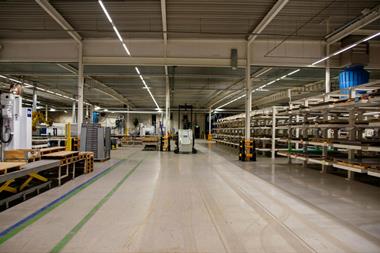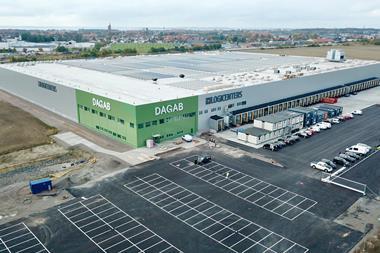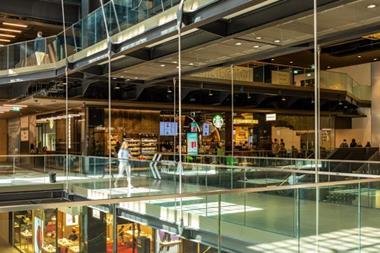As global leaders work with medical professionals to control the COVID-19 pandemic, countries have called for self-distancing and in some cases implemented a total lockdown. In the midst of all this, real assets investors, fund managers and advisers have been responding to the unprecedented situation.
Markets dependent on non-domestic capital to see decline – RCA data reveals that European real estate markets most dependent on non-domestic sources of capital, broadly those in southern and central and eastern Europe, potentially face the biggest declines in investment. For example, Warsaw has recorded a sharp uplift in deal volumes in the last two years, but almost all of this is from overseas investors, making it more vulnerable than other cities such as Stockholm, Frankfurt or Paris, where a large and sophisticated domestic investor base exists. Retail is the property sector that will likely be most negatively affected by the crisis over the long term and RCA foresees the growth in investment volumes reversing in the second quarter, while capital values will continue to fall in the least favoured sectors. Another part of the market that looks to be under strain from the crisis is coworking offices, RCA says. By contrast, the industrial segment is much better placed to weather the current storm after turning in the best ever first quarter for warehouse investment across Europe. RCA says real estate investment volume in Europe during the first quarter totalled €64.2bn, up 7% compared with the year-earlier period, but the sharp slowdown in deal flows in March after the onset of the Covid-19 pandemic, and the uptick in withdrawn transactions, signal markets are likely heading into further hefty pullbacks in activity.
Real estate credit to emerge as favoured asset – John Lim, chairman of APREA says rreal estate credit is expected to emerge as the favoured investment asset post the COVID-19 pandemic. Says debt offered a more defensive strategy for investors where underlying credit exposure was secured by an asset. As volatility drives banks to retreat from the market, there is increasing opportunity for specialist investment managers to deploy capital. “We are seeing investors turn to lower-risk strategies in search of income and defensible cash flows,” Lim says.
Short term volatility in yields is unlikely to raise big concerns – AEW says while investors reprice risk more carefully, real estate excess spreads over high yield corporate bonds have turned negative. Says given that most institutional real estate investors have a long term horizon, short term volatility in yields is unlikely to raise big concerns. Assuming government bond yields remain lower for longer for at least the next five years, a similar to GFC 30bp risk premium driven increase in yields is unlikely to have a big impact on total returns over the entire five year forecast period. Adds that in direct real estate, investors have demonstrated disciplined pricing for secondary offices and retail compared to post GFC, as excess spreads required for secondary over prime assets have not returned to their record-low 2007 levels and are unlikely to do so in the coming years. Says property yields will be impacted by investors requiring higher risk premiums for lack of liquidity and increased volatility immediately after a crisis.
Infrastructure asset values need reassessing – Future Fund’s CIO is urging investors to reassess the value of infrastructure assets to ensure they are adjusted for a post-COVID-19 world. Raphael Arndt says there were concentrated risks in airport and toll roads because of widespread restrictions on movement and economic activity. The negative impacts on cash flows will flow through to the valuations of assets, he says. Adds that investors should consider what growing unemployment – forecast to rise up to 20% in some countries – would mean for power and utilities assets.
Government intervention unlikely to stop a very deep global recession – Fiera Real Estate says London is expected to hold up better than rest of UK, as overseas capital continues to seek safer haven locations and asset types. Says the real estate market is in hibernation and the real impact has not yet been felt. It expects that ”non-payment of rent and vacancy rates will increase in the next few quarters as disruptions bites”. Defaults on interest payments are unlikely to be ignored by banks (unlike the valuations defaults in the GFC), Fiera says. Changed consumer behaviour will mean many occupational sectors will collapse (leisure, hospitality, non-food retail, transport). ”This will outweigh the supply shock (lack of delivery), with uncertainty of income receipt increasing the risk premium investors demand for holding assets.” In the longer term, Fiera says the relative performance of real estate in the UK should be excellent for investors with better quality assets, low leverage and experienced management.


















